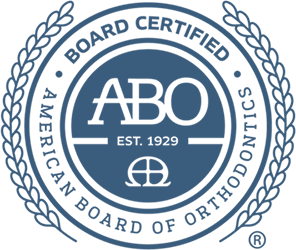Having a persistent, sharp pain in your jaw is not only inconvenient; it can indicate dysfunction of the joint that connects your lower jaw to the rest fo your skull. Temporomandibular joint dysfunction, or TMD, can be a debilitating ailment for many patients. Read on to learn about the warning signs of TMJ dysfunction.
What Is TMD?
TMD is dysfunction of the temporomandibular joint, a hinge that connects your skull and jawbone, and the its surrounding muscles and ligaments. Causes of this jaw disorder can be tough to figure out, but some of the contributing factors can include injury, arthritis, genetics, bruxism (chronic teeth grinding and clenching), excessive gum chewing, and stress.
Signs of TMJ Dysfunction
Some of the telltale warning signs for TMJ disorder include:
Localized jaw pain or pain that radiates up the face and into the neck
Pain when chewing or an inability to chew
Clicking, grating, popping, or locking of the jaw joint
Aching of the ears, teeth, or face
Dizziness
Frequent ringing in the ears
Sinus issues
TMD Treatment
If you are having issues opening or closing your mouth, you should definitely see a dentist to determine the extent of your issue and the best ways to improve it. Until you can schedule an appointment, there are things you can do to ease your jaw discomfort:
When taking over-the-counter pain relievers, be sure to follow the bottle’s instructions
Try using a moist warm towel to relax your jaw muscles or an ice pack to ease the pain
Eat soft foods that don’t put pressure on your joint
Avoid extreme jaw movements
Do not chew gum
Find relaxing activities that decrease your stress
Potential Orthodontic Treatment
If you have issues with your jaw, visit us at Stroope Orthodontics so we can determine if orthodontic therapy could help restore proper jaw alignment and function. Contact us to schedule an appointment!





